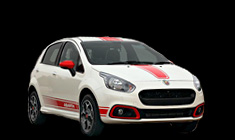News
VinFast to launch electric buses and scooters in India
VinFast plans to import its EVs via the CBU route and will begin local manufacturing at a later stage.
Vietnam-based electric vehicle brand, VinFast, is gearing up to enter the Indian market next year. In addition to launching electric SUVs, VinFast is also looking to enter the electric bus and scooter segments.
Ashwin Patil, Vice President & Director of Sales for VinFast in India, stated that the company plans to enter the Indian market shortly. Apart from SUVs, electric scooters and buses will also be part of its India portfolio.
Patil added that the company had the capability and technology to produce electric buses and e-scooters. However, he didn’t provide a specific timeframe for their launch.
VinFast began its operations in Vietnam with the launch of three ICE-powered models. By 2021, the carmaker had transitioned into making EVs. It currently has seven electric SUVs, electric scooters and an e-bus in its product portfolio.
Patil also revealed that VinFast is currently in the process of vehicle testing and is in the advanced stage of finalizing the location of its plant. Initially, the carmaker plans to import its EVs via the CBU route and will begin local manufacturing at a later stage.
Source: ET Auto
News
Volvo vs E-Shivneri bus: Frequent traveller does a detailed comparison
Just 5 minutes into the journey the E-Shivneri stops for no reason, then the driver manages to get the bus rolling
BHPian ArTigor recently shared this with other enthusiasts.
Recently undertook a journey from Pune to Mumbai using the Shivneri service. This time it was the E-Shivneri which are basically the Olectra Bus models. Although this was my first ride with the E-Shivneri, I actually got to travel in 2 of these Olectra buses, more details on this later in the post.
I have been using the Shivneri Buses for almost more than a decade now, have got the opportunity to ride in multiple bus models that MSRTC used for the Shivneri, i.e. Volvo single and multiaxle, Scania, Mercedes & Cerita, there was one more model which I am unable to remember. The Volvo, Scania and Mercedes were super comfortable and I personally liked the ride quality of the Scania.
So those who are not from the state of Maharashtra let me explain what is the Shivneri bus service.
The Shivneri bus service was started somewhere between 2007-2009(cannot remember the exact year), as the demand for travel by road between Mumbai and Pune by road had increased multifold due to the Expressway. There were many private operators like Purple-Metrolink, Neeta, etc who were running air-conditioned & Volvo buses on this route, but these bus services had multiple issues which are as follows:
Punctuality: these private buses had to wait till the last seat was filled, there was a high chance that your bus is stationary for almost 20 minutes to fill up vacant seats and takes at least 2 hours to just exit the city limits. Overall travel time would be anywhere between 4 to 5 hours.
Maintenance: these private Volvos were poorly maintained and sometimes dirty! Breakdowns were a common sight, also back then during 2008-9 the expressways did not have speeding cameras and there used to be reckless driving by these Volvo drivers, especially I found the Neeta drivers to be more reckless.
So the above mentioned gaps were plugged by MSRTC when they Introduced the Shivneri buses, this was a premium service which ran between Mumbai(Dadar) and Pune(Railway station). There were dedicated ticket counters and bays for the service at Pune, while initially in Dadar the boarding-alighting happened along the road kerb side, but then the service shifted to the dedicated bus station under the Dadar flyover. These were mostly based on Volvo, save for a few Cerita and Mercedes models.
The Shivneri service was an instant hit as it provided one with:-
- Clean well maintained buses
- Courteous drivers
- Proper schedule and buses available every 30 minutes.
- Punctual! Let's say a bus is supposed to depart at 11.30 am an it has only 10 passengers, it would depart exactly at 11.30 and not wait for more passengers to be picked up at the starting station, although it would halt on the way out of the city at MSRTC designated stops to pick up passengers, but these halts would be for max 2-5 minutes.
- Travel time reduced from 4-5 hours to 3-3.5 hours, some times during early morning the travel time was even less than 3 hours.
- Super comfortable ride quality.
All these factors made the Shivneri a super hit amongst travellers.
Now coming to the present date, I know that the Shivneri Service has now been running the Olectra Bus for few months and I was looking forward to travel in it. Took the journey from Pune(Swargate) to Mumbai(Dadar). As this was an unplanned journey could not book tickets in advance so had to rely on current reservation at Swargate, by the way, current ticketing system at Swargate is a mess, better get your ride from Pune Station depot in case of unreserved tickets as it is much better organized over there.
The current reservation at 7 am was utter chaos at the Swargate bus station, buses were running late, some bus services were also being clubbed, I.e. the 7 am and 7.30 am bus service got clubbed, but then at 7.30 they had 2 buses ready to depart! stupid management.
So I finally boarded the E-Shivneri, these are swanky new buses with good clean interiors, I found the seats spacious and comfortable with good legroom, although the cabin width felt narrower than the Volvos.
The bus departed Swargate bus station and the first thing I noticed is each and every bump/undulation on the road was felt, surely the suspension on these are not the carpet like quality of the Volvos, here the Volvos are a league ahead.
Just 5 minutes into the journey the bus stops for no reason, then the driver manages to get the bus rolling, but after a kilometer or so the bus again stops and fails to move, now this was bad as I took the early morning bus as I had a meeting in Mumbai. The bus driver informed us that there is some malfunction and they are arranging for another bus.
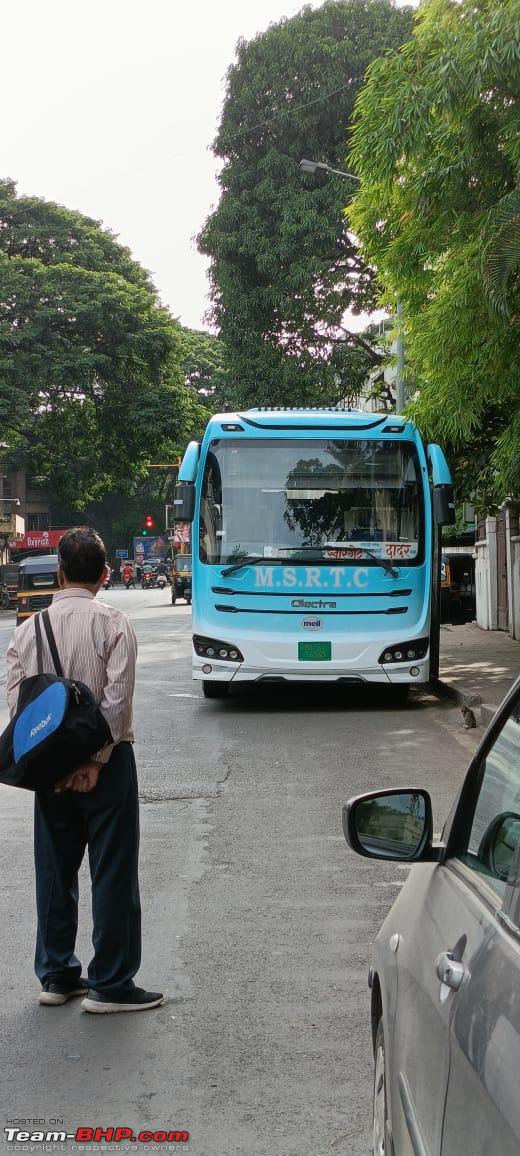

MID showed low battery, but that couldn't have been the case as it was the first trip after overnight charging. It took the other bus an hour to arrive. The replacement was also an Olectra bus.This bus took another 1.5 hours to exit the city as it halted for at least 10-15 minutes at each pickup stop.
I also figured that in case the bus breaks down the Shivneri ticket is not refundable. The only option you have is to either wait at the mercy of MSRTC to send a new bus or accommodate you in the buses running(if there is a vacant seat) or you forego your money and look at other options to continue your journey.
Well the other Olectra also had the same ride quality, so now it was clear that these Olectra buses are actually inferior in ride quality to Volvos. MSRTC with their Volvos have set a high benchmark.
The second issue I noticed is with the jerky pickup and braking, especially there seems to be some issue with the braking it always felt harsh. Either the regen isn't set right, or the driver wasn't used to the Electric Bus, or maybe Olectras regen can not achieve a deceleration like a conventional ICE engine braking, something was surely off.
So overall I feel the Volvos were much better, and these Olectras cannot hold a candle to them. MSRTC should seriously take lessons from KSRTC on how to keep upgrading premium bus services.
I know that many of us might feel that the comparison between the Volvo and Olectra might not be an apple to apple comparison, but then as a customer when I am paying (535 rupees for a journey) for apples I expect apples. I am not against E-Buses, but all I mean is that the quality of service should be at least on par. I also feel that the Olectras may not hold tight as the Volvos in the long run after a few years, I hope I am proven wrong though.
Check out BHPian comments for more insights and information.
News
MSRTC electrifies 70% of Mumbai-Pune bus fleet
MSRTC might electrify 100% of the buses on this route by Diwali.
The Maharashtra State Road Transport Corporation (MSRTC) is slowly replacing diesel buses running on the Mumbai-Pune route with all-electric e-Shivneri buses. Out of the 100 buses plying on this popular route, only 30 diesel buses remain.
MSRTC aims to phase out diesel buses completely on this route in a few months. Reports suggest that MSRTC might electrify 100% of the buses on this route by Diwali.
According to Shekhar Channe, MD, MSRTC, the e-buses currently plying on this route are already generating profits. "Our lease rent to the private operator on wet lease is around Rs 57 per km, while our earning is Rs 70 per km, which has helped us make some profits," he said.
MSRTC has been operating diesel-powered Volvo and Scania buses on the Dadar-Pune, Thane-Pune and Borivali-Pune routes.
Source: ET Auto
- Tags:
- Indian
- MSRTC
- Electric Bus
- Volvo
- Scania
News
Tata files design patent for a double-decker electric bus
Tata's double-decker electric bus will compete with Switch Mobility's EiV22 electric double-decker.
Tata Motors has filed a design patent for a double-decker electric bus. It is likely to compete with the Switch EiV22 - launched in Mumbai last year.
Tata's double-decker electric bus is based on a two-axle chassis and could be 9 metres in length. There are wide entry and exit doors at the front and rear, as well as large windows.
Technical details of the double-decker electric bus are not available. However, it could use an existing electric powertrain. The Tata Ultra 9m electric bus is powered by a 124 kWh battery pack that offers a range of 150 km. The electric motors generate 194 BHP of continuous power and 1145 Nm of torque, allowing the bus to reach a top speed of 75 km/h.
Tata Motors also offers a 12-metre electric bus as part of its Starbus range. It uses a 250 kWh battery pack that offers a range of 200 km on a single charge.
News
Mumbai: Switch Mobility delivers first electric double-decker bus
BEST plans to add 200 electric double-decker buses to its fleet.
Switch Mobility has delivered the first set of EiV 22 electric double-decker bus to Brihanmumbai Electric Supply and Transport (BEST), Mumbai. The first set is part of 200 electric double-decker buses ordered by BEST.
The Switch EiV 22 is an air-conditioned double-decker bus designed, developed and manufactured in India. It features a contemporary look with lightweight body panels. It can ferry nearly twice the number of passengers compared to a single-decker bus, with just an 18% increase in kerb weight.
The EiV 22 has wide front and rear doors, two staircases and an emergency door. The bus can seat up to 65 passengers.
The Switch EiV 22 uses a 231 kWh, 2-string, liquid-cooled NMC chemistry battery pack with a dual gun charging system. It is said to offer a maximum range of 250 km on a single charge.
News
Switch Mobility EiV 22 electric double-decker bus revealed
The Switch Mobility EiV 22 is said to be India’s first electric double-decker AC bus.
Switch Mobility, a subsidiary of Ashok Leyland, has revealed India’s first electric double-decker AC bus called the EiV 22.
The EiV 22 is based on the EiV 12 single-deck model and has a capacity of up to 65 passengers. The lower deck can accommodate standing occupants as well. The bus has doors in the front and rear and a pair of stairs to access the upper deck.
The EiV 22 uses a 231 kWh Nickel Cobalt Manganese (NMC) battery pack that is said to offer a maximum range of 250 km on a single charge.
The Switch EiV 22 electric double-decker bus will be manufactured at the company’s Ennore plant in Tamil Nadu. Mumbai’s BEST has ordered 200 units that will operate between the Kurla and Colaba depots.
News
Switch Mobility launches EiV 12 electric bus in India
The EiV 12 electric bus is said to have a maximum range of 300 km per day.
Switch Mobility, Ashok Leyland’s electric division, has launched its EiV 12 electric bus range in India.
The EiV 12 comes in two variants – Low Floor and Standard. It is designed for intra and inter-city applications and shares its platform with the Switch e1 bus that was recently launched in the European market.
The EiV 12 is powered by new-generation lithium-ion NMC batteries that are claimed to offer a maximum range of 300 km per day. The dual-gun fast-charging feature extends the range to 500 km per day. The batteries power a PMS AC motor with an output of 315 BHP and 3,100 Nm.
The bus also comes with the brand’s proprietary connected technology solution called 'Switch iON'.
News
Rumour: Volvo-Eicher could spin off a separate EV unit
VECV plans to invest close to Rs 1,500 crore in the next 3 years.
According to a media report, Eicher Motors and the Volvo Group could spin off a separate EV unit as part of their Indian joint venture - VE Commercial Vehicles (VECV).
It is said that VECV is developing 9-metre and 12-metre electric buses. The company is also planning to enter the electric truck segment and is reportedly developing products in the 5-tonne and 55-tonne categories.
VECV plans to invest close to Rs 1,500 crore to prepare itself for new regulations and the growing EV demand over the next 3 years. The company will also participate in the tender floated by EESL to purchase 5,000 electric buses.
Source: ET Auto
News
BYD evaluating B2B passenger EV segment in India
BYD has been testing the e6 electric MPV and T3 electric cargo van in India.
China-based EV maker BYD has completed 8 years in India. At present, BYD electric buses operate in over ten cities in India. These include Mumbai, Hyderabad, Pune, Kerala, and Manali.The company is now evaluating the B2B electric passenger vehicles segment.
BYD e6 electric MPVs have been testing in India for quite some time now. More recently, the previous generation e6 was spotted. This version of the BYD e6 uses a 120 hp electric motor. It is powered by an 80 kWh battery that is said to offer a maximum range of 400 km.
The company has also been testing the T3 electric cargo van in India. It is said to have a maximum range of 300 km, and the batteries can be recharged in 1.5 hours using a DC charger.
BYD's Indian subsidiary was set up in Chennai in 2007. In 2013, the company began to explore the local electric vehicle market, and the first pure electric bus arrived at our shores on August 20, 2013. Since then, the BYD K9 is being widely used on intra-city routes.
News
Tesla accused of environmental rule violations in 2 countries
Tesla has been accused of violating environmental rules and regulations in US and Germany.
The US Environmental Protection Agency (EPA) has accused Tesla of violating environmental rules and regulations. According to media reports, EPA stated that the car maker failed to prove that it complies with the federal emission standard for hazardous air pollutants.
However, being an electric vehicle these have nothing to do with exhaust emissions. The EPA is seeking details specifically about the way Tesla handles 'surface coatings' on its vehicles.
There have been earlier reports of problems in the paint shop of Tesla's factory in Fremont, California. This includes instances of re-touching being done at a 'paint hospital' at the same facility, back in 2019.
In Germany, the company is said to have been fined 12 million euros for allegedly failing to take back old batteries from customers. According to the country's law, EV manufacturers are required to take back the batteries and dispose them in an environmentally sustainable manner.
Tesla has, however, refuted all allegations and is said to have responded to all information requests as well.
Source: CNBC
- Tags:
- Indian
- International
- Electric Bus
Pages



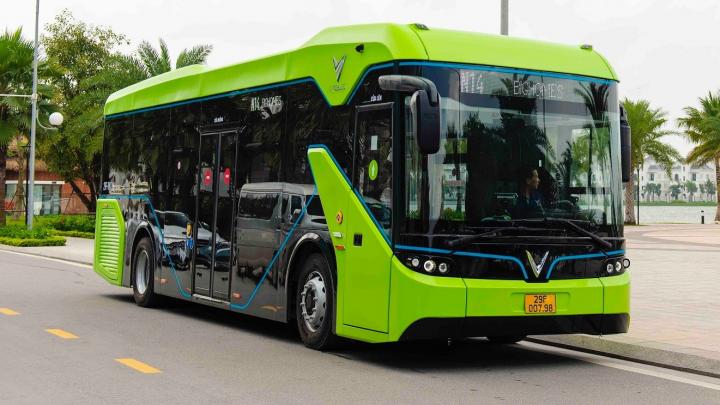
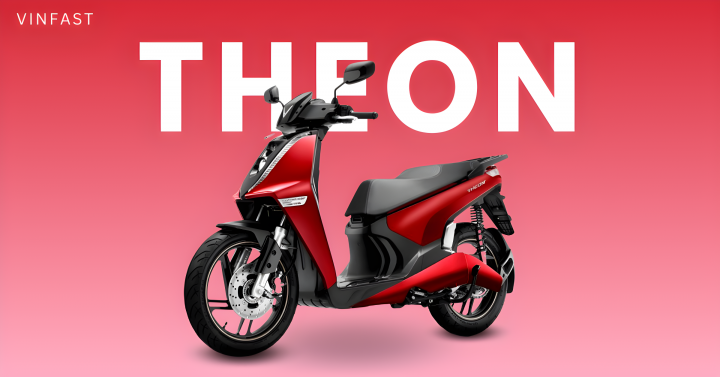


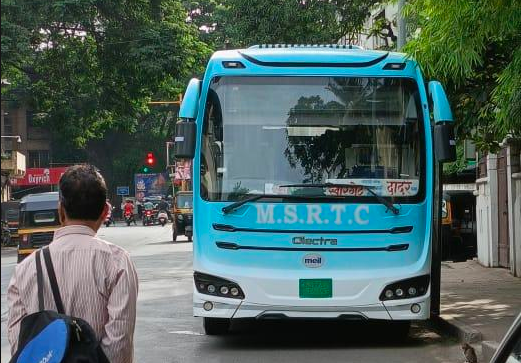
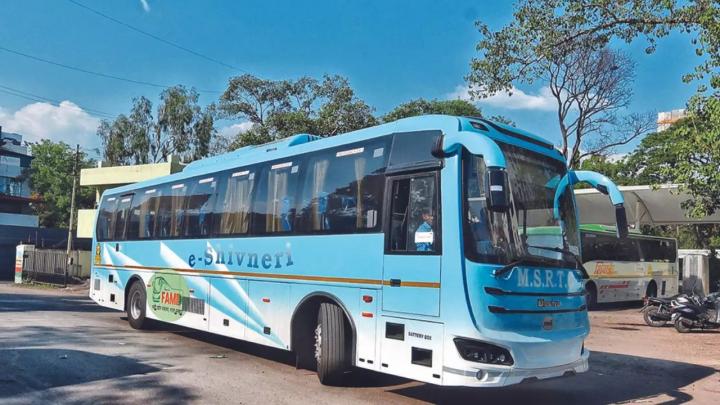
.png)
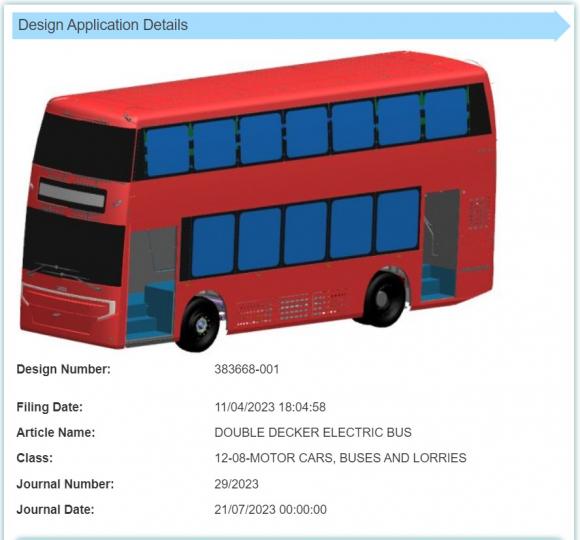
.png)

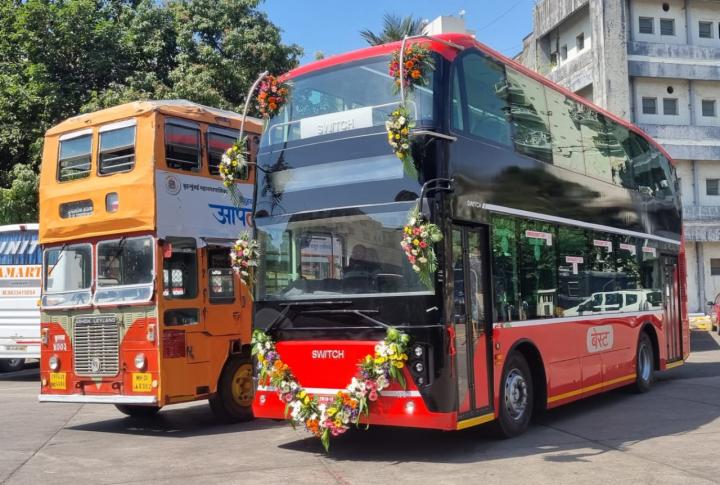
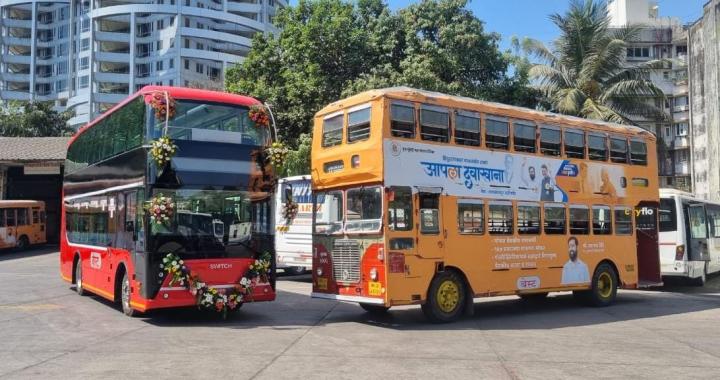



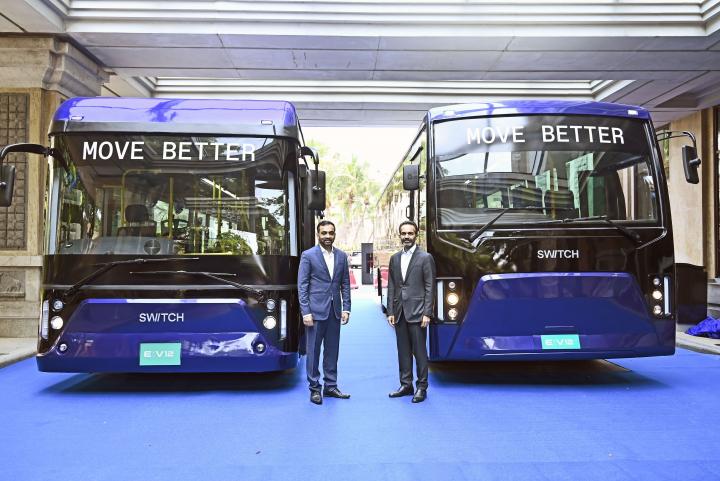
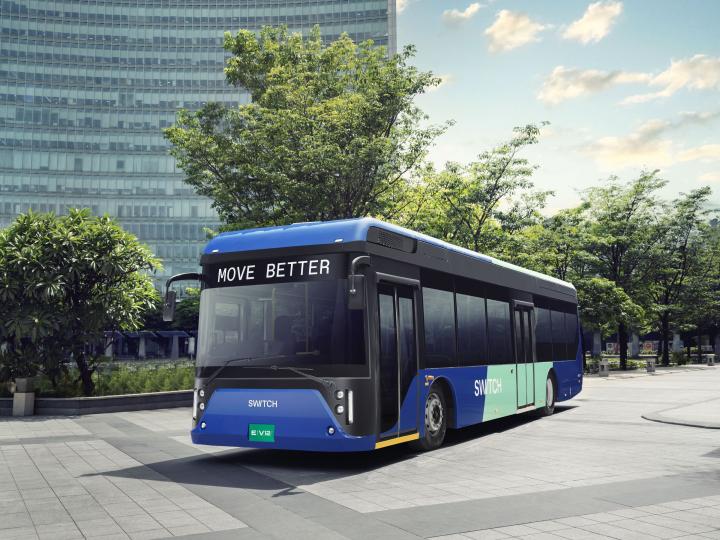


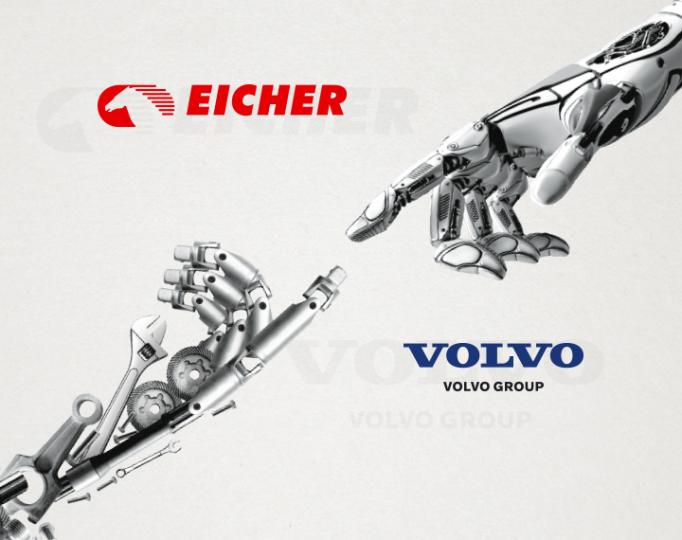
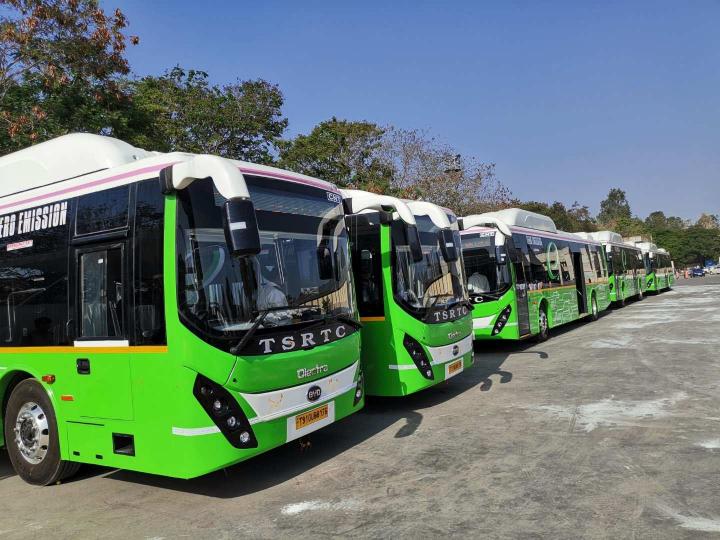
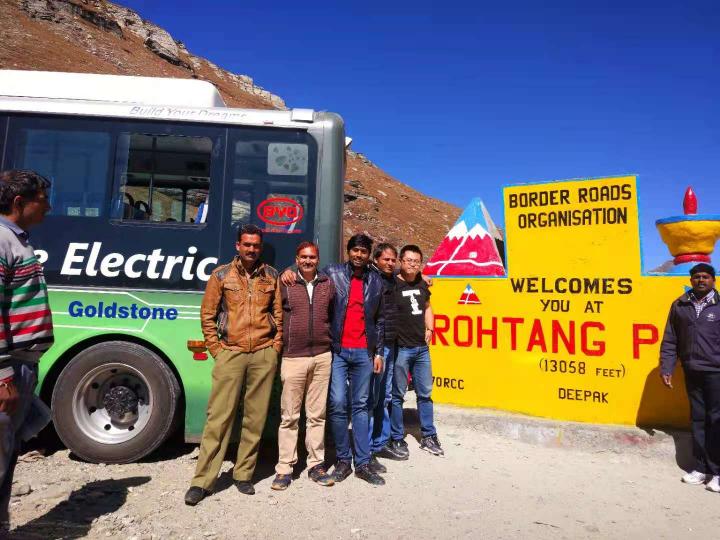
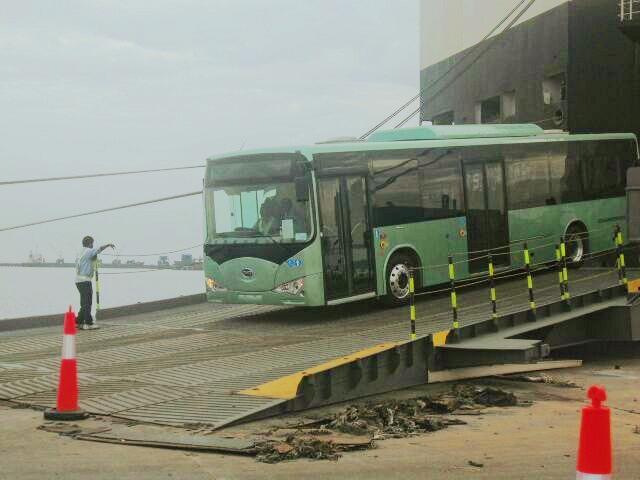




_1.jpg)


_1.jpg)

